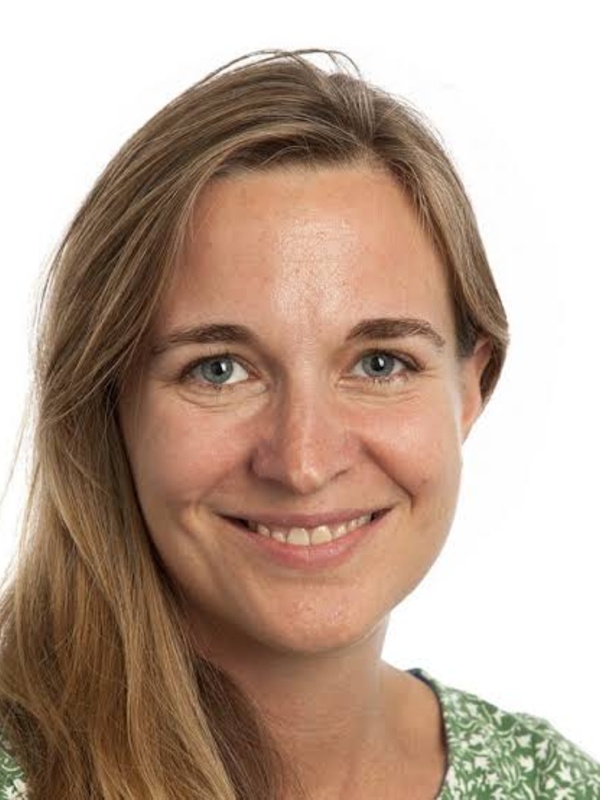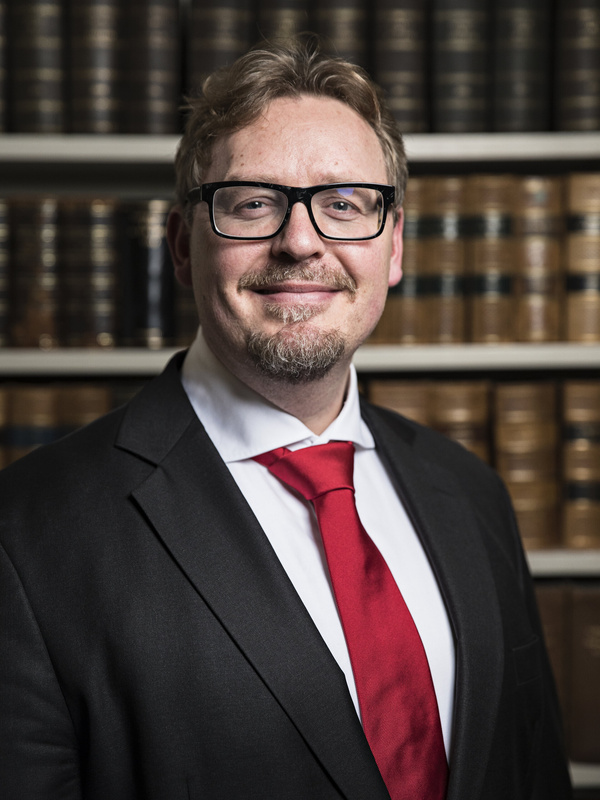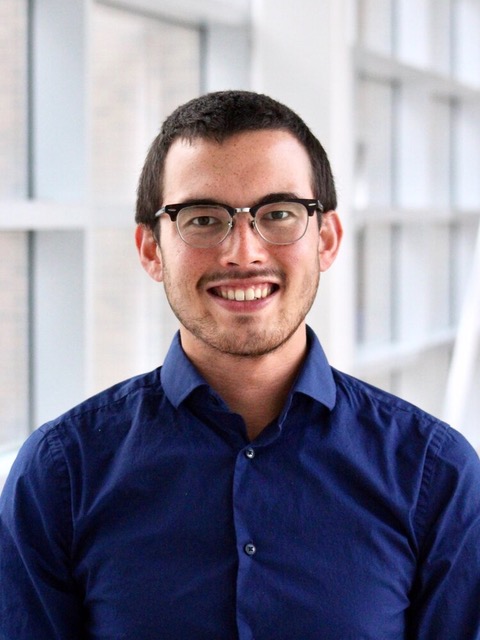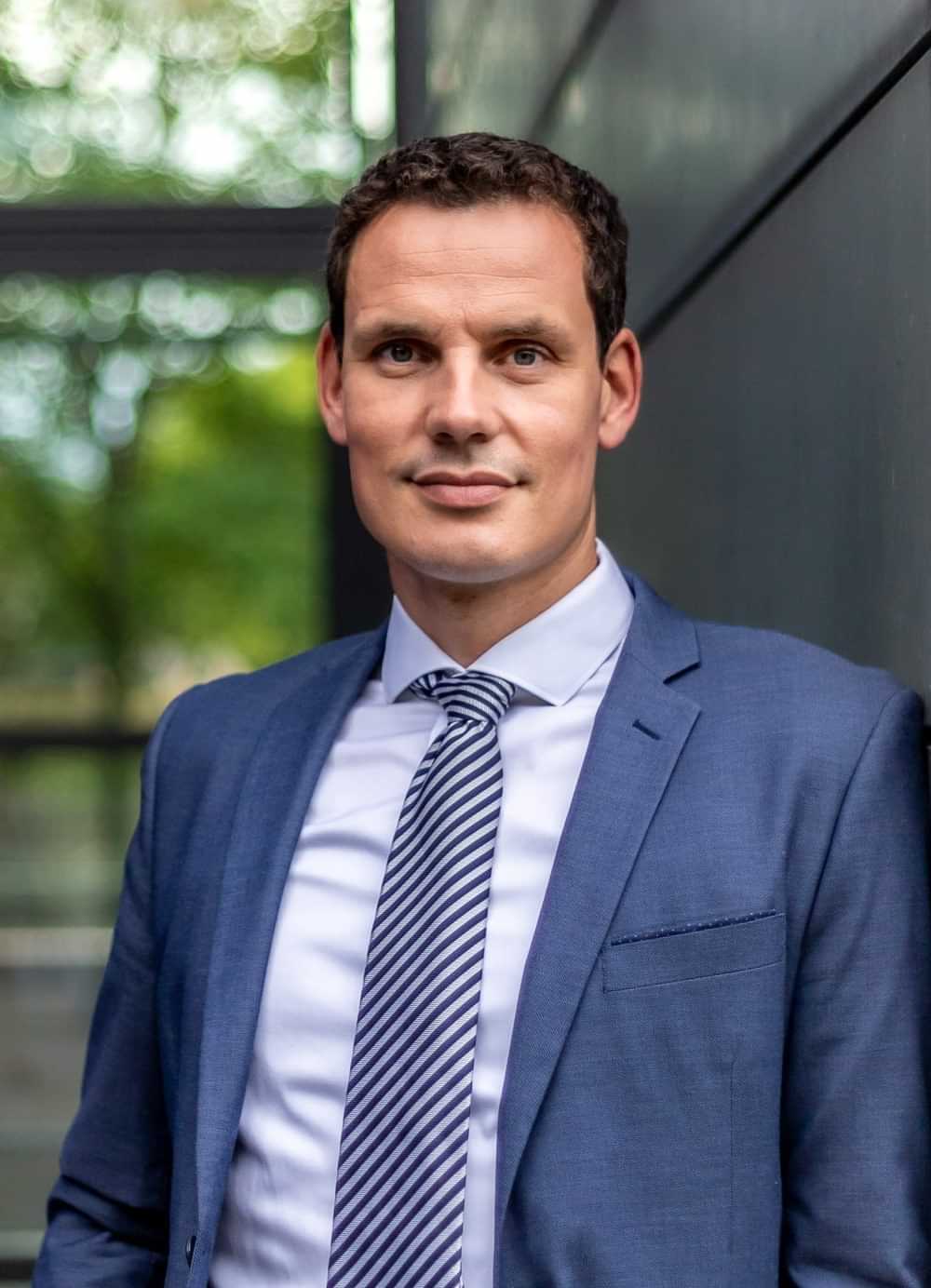Research Affiliates
 | Since 2008, Elizabeth has been running the Ethics and Law component of the Clinical Course, one of the vertical themes that integrate the three stages of the course. She has recently also taken on the role of co-ordinating the Professional Skills curricula within the Clinical Course. Elizabeth's research interests include legal issues connected to consent to treatment and mental capacity; Empirical Ethics in Psychiatry; Medical education (particularly ethics and professionalism education. |
 | Zoë Fritz is a Wellcome fellow in Society and Ethics, and a Consultant Physician in Acute medicine at Addenbrooke’s Hospital. Her research is focused on identifying areas of clinical practice that raise ethical questions and applying rigorous empirical and ethical analysis to explore the issues and find effective solutions. Her work is at the interface between medicine, the humanities and law. Her current work focuses on considering the legal, ethical and empirical consequences of communicating uncertainty in diagnosis: she is collaborating with colleagues in the LML to investigate what constitutes material non-disclosure in the context of forming, communicating and recording a differential diagnosis. |
 | Matthew has a broad interest across medical law, with a particular focus on clinical negligence and informed consent. He is currently researching the assessment of breach of duty in genetic disclosure cases following ABC v St George’s. The research is kindly funded by a grant from the De Lancey Fund. |
 | John is broadly interested in the development and use of new technology as it has the ability to: drive economies forward, increase public welfare and resolve important social problems. Much of his research focuses on the ability of patent law to meet its welfare-enhancing goal of accelerating the creation of new technology. In biotechnology and life-sciences — special interests of his — this focus is particularly important, but it is also complicated; although patents can operate as incentives, they have numerous trade-offs. Smart innovation policy requires meticulous, transnational doctrinal research and robust empirical data. As a lawyer with scientific training, John strives to deliver both and have developed numerous new methods using novel data. His research has been funded by the Wellcome Trust, the Philomathia Foundation, and Cancer Research UK, amongst others. |
 | Timo Minssen is Professor of Law at the University of Copenhagen and the Founder and Managing Director of the Center for Advanced Studies in Biomedical Innovation Law (CeBIL). His research and advisory practice concentrates on a plethora of legal and ethical issues emerging in the lifecycle of relevant products and processes - from the regulation of responsible research and incentives for innovation to sustainable drug development, technology transfer and commercialization. He collaborates with LML colleagues on a variety of issues relating to Intellectual Property, Competition, Data Protection & Regulatory Law within the health and life sciences. Special emphasis is placed on investigating selected challenges and opportunities posed by AMR, artificial intelligence, quantum technology and new platform technologies |
 | After completing a Senior Research Associateship at LML, Isaac is now working as an Assistant Professor at CeBIL at the University of Copenhagen. Isaac’s research uses political and social science methods to reveal novel ideas, innovative strategies, and transformative approaches for addressing global and planetary health challenges. He leverages interdisciplinary perspectives to investigate topics spanning the politics of global health governance, evidence use, nutrition policy, tobacco control, emerging health threats such as antimicrobial resistance (AMR), collective action, and Canadian foreign policy. |
 | Erik Hahn is a Professor of Social Law and Health Law, University of Applied Sciences, Görlitz and at the Technical University of Dresden. He is also the Vice Director of the Görlitz Institute for Health, Ageing, Work and Technology. His research focuses on all aspects of social law, medical and health law (with a special focus on digitisation and European law issues), the law of social work and services, the law of the health and social professions, and social law issues relating to housing. Erik is currently collaborating with LML colleagues on telemedicine regulation in the UK and EU. |
